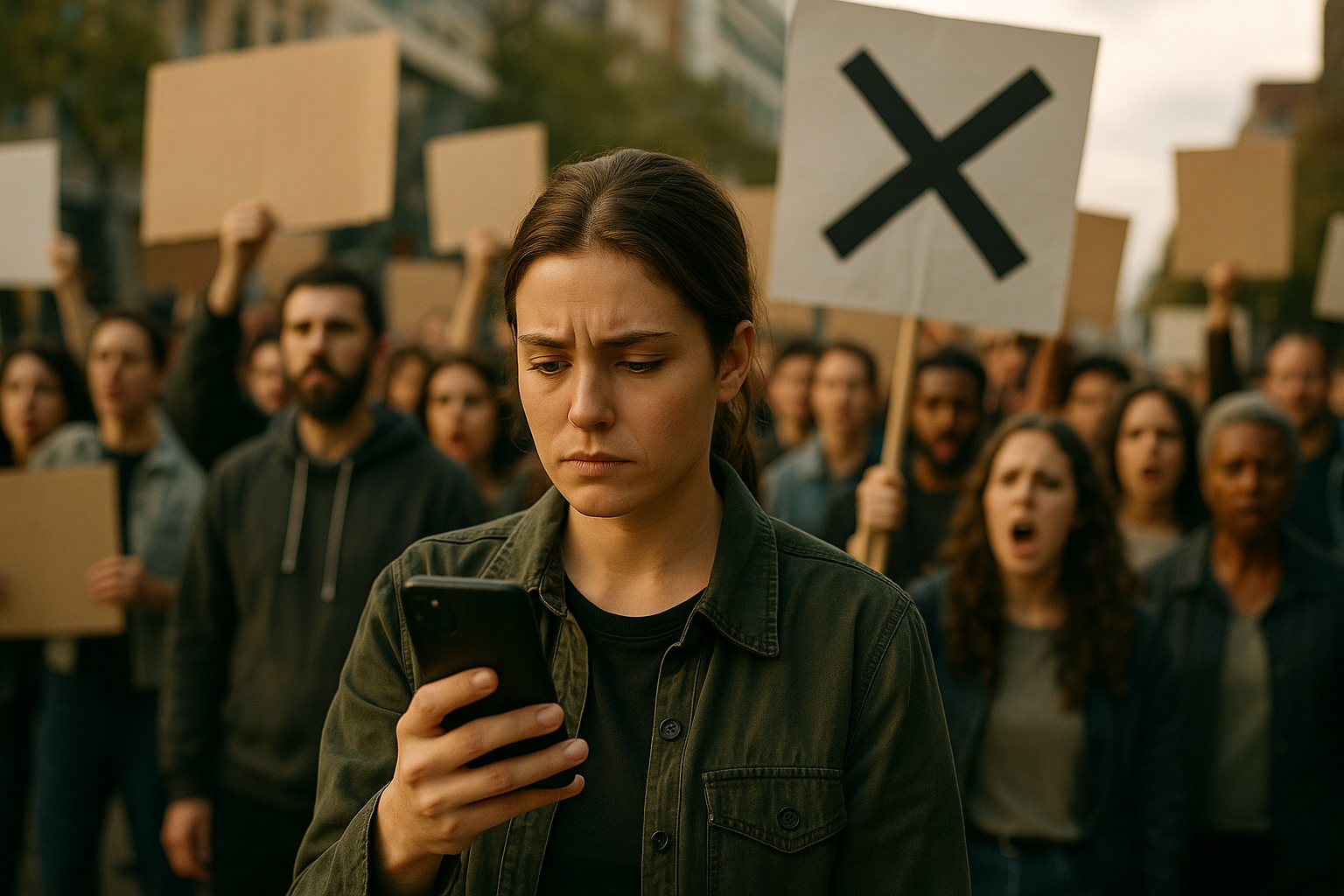Unraveling the Intricacies of 'Cancel Culture': A Sociological Perspective
As a term, 'cancel culture' first entered common parlance in the late 2010s. However, the concept it encapsulates—social ostracization as a form of punishment—has historical roots. From the ancient Greek practice of ostracism to the public shaming rituals in Puritan societies, the idea of canceling is not new. What has changed in the modern context is the medium and the scale. Today, canceling happens over social media platforms and can involve millions of people across the globe.

The Rise of Cancel Culture in the Digital Era
With the advent of social media, the ability to disseminate information and opinions has become democratized. In this digital landscape, cancel culture has found fertile ground. It is often used as a tool of accountability, a way for marginalized voices to speak out against systemic injustices and hold influential figures accountable. However, it also has a darker side, with cases of misdirected mob justice and online harassment.
Cancel Culture: A Societal Mirror
As a cultural phenomenon, cancel culture reflects several societal trends. Firstly, it signifies an increasing intolerance for harmful behaviors that were previously overlooked. Secondly, it demonstrates the power of collective action in the digital age. Lastly, it underscores the blurred lines between public and private lives in our increasingly connected world.
The Repercussions on Society
While cancel culture has led to positive societal changes, it also presents challenges. It raises questions about the right to free speech, the permanence of digital records, and the potential for mob mentality. The phenomenon has also prompted discussions about restorative justice and the possibility of redemption after wrongdoing.
The Path Forward: Balancing Accountability and Empathy
As we navigate this era of digital accountability, it’s crucial to strike a balance. On one hand, we need to hold individuals and institutions accountable for harmful actions. On the other, we must remember the importance of empathy, forgiveness, and nuanced understanding. As we continue to evolve and adapt to our digital age, the way we handle cancel culture will undoubtedly play a significant role in shaping our society.
In conclusion, cancel culture, a quintessentially modern phenomenon, mirrors our societal values and challenges in the digital age. As we grapple with its implications, we must strive for a balance that upholds justice and empathy, shaping a more equitable and understanding society.




